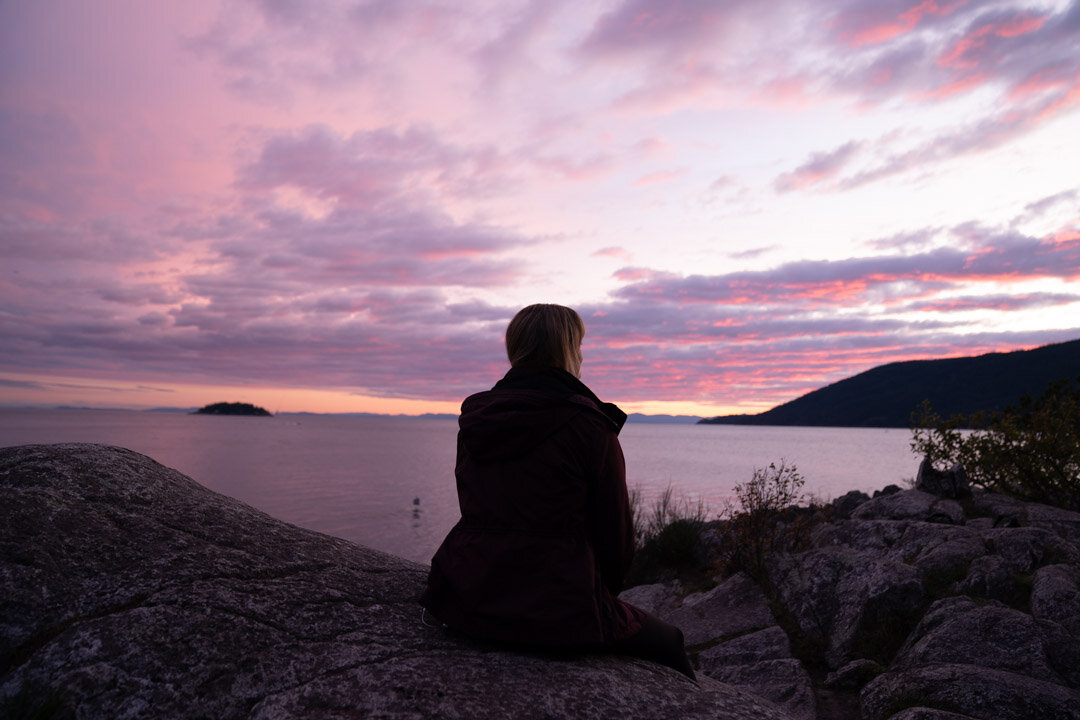
40 seconds is a narrative short film that explores our current social climate - in relationships, dating apps, social media, and how it all plays into our worldwide state of declining mental health. In a playful but insightful manner, the film explores how the issues within technology and societal pressure contribute to depression, suicide, and our feelings of isolation, in an interesting contrast of internal chaos while exploring the awe-inspiring beauty that is British Columbia, Canada. In a time when we should be so connected, why are we feeling more disconnected than ever before?

Why we made this film
I wanted to tell a story inspired by my best friend who battled with mental health struggles and subsequently committed suicide in 2017. In her honor, I have dedicated myself to highlighting this ongoing and ever growing issue that so many of us are silently battling, especially in this time of increased isolation and social distancing.
In 2019 I reached out to Anaïsa Visser, a director based in Vancouver Canada, where I was living when this film was made. In her own work and life, Anaïsa lives in transparency about her own struggles with mental illness, urging others to tell their stories and channel their experiences into art. After seeing her previous short film “Bordered” at the Vancouver Short Film Festival that year, I wanted to find a way to collaborate with Anaïsa. I approached her with my initial concept for 40 Seconds, and she saw something in it that made her want to get involved. As it happened, the premise of the film resonated with many people and we were able to collaborate with a truly excellent cast and crew to bring the project to life.
This is not just a film about mental health, but we also hope, the beginning of a movement. We want to inspire others to talk openly about their struggles and provide a safe community to start conversations in this space. We want to encourage those who are struggling to feel safe to speak up and find others to lean on. Partnering with mental health organizations, we plan to have professionals in this field offer support as possible during screenings and Q&A’s, virtually or in person, depending on the current circumstances. When co-writing this, it was important for Anaïsa and I to tell a truthful story that felt real and raw, as we put our own pain on paper in an authentic way, so those who can relate feel seen and acknowledged.
When we made this film we had no idea that we would be going into a global pandemic, and into a world in which mental health struggles would become globally visible, as everyone navigates the complexities of these trying times. We hope this film will provide hope to all those who are struggling. We are in this together.
